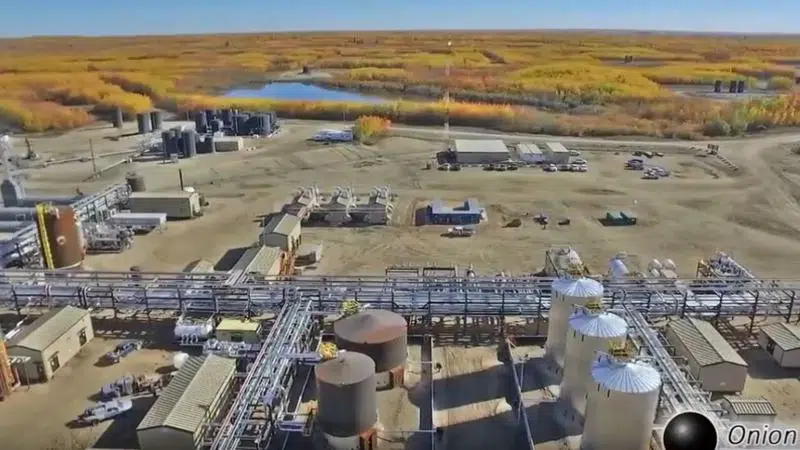
Saskatchewan leads nation in schools climate change curriculum
A new study found Saskatchewan schools have the most comprehensive curriculum in the nation for teaching about climate change. It dispels an assumption that a province that is politically conservative and with strong ties to the fossil-fuel sector would not have strength in education about such an important national and global issue. Meanwhile, a Prince Albert consultant is crediting updated science curriculum and engagement by teachers for the success.
The study by Seth Wynes, a PhD student at the University of British Columbia, and Kimberly A. Nicholas from Lund University in Sweden, took a detailed look at the climate change curriculum offered in schools in every province and ranked them across six key areas: the foundational principles of climate change, the warming of the climate, human causes, that experts agree climate change is real, why the situation is dire, and how it can be fixed. The study authors gave a rating of zero to three in those categories and Saskatchewan came out on top. Wynes and Lund also interviewed the people who wrote the curriculum.
 A graphic showing the rankings for the climate change curricula in each of Canada’s provinces and territories according to a recent study. (Seth Wynes and Kimberly Nicholas, PLOS ONE (2019), Figure by Emma Li Johansson.)
A graphic showing the rankings for the climate change curricula in each of Canada’s provinces and territories according to a recent study. (Seth Wynes and Kimberly Nicholas, PLOS ONE (2019), Figure by Emma Li Johansson.)Saskatchewan performed well in five of the key areas and was the only province offering instruction that focused on the aspect that experts agree there is no debate and that climate change is real, significant and human caused.


